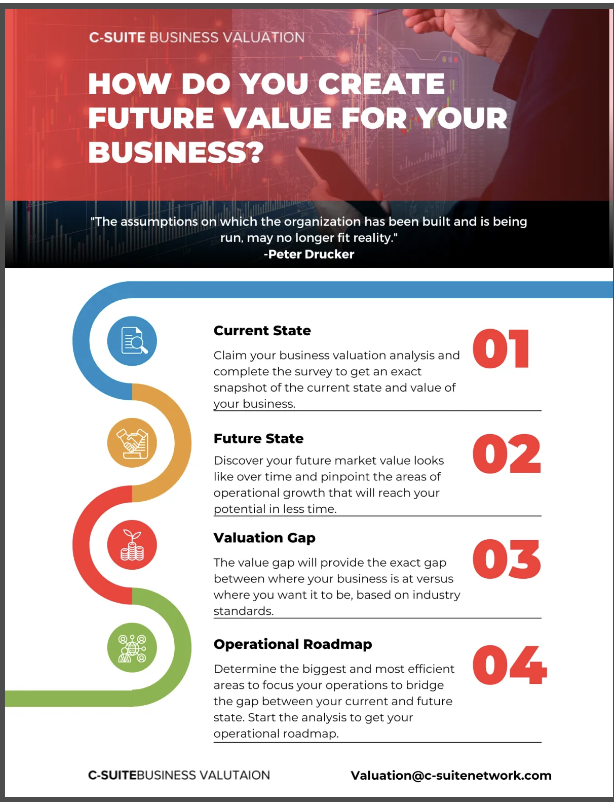
The way consumers interact with brands has changed drastically over the last decade. Selling products to customers through a TV commercial simply doesn’t cut it anymore. We’re part of an experience economy where customers largely prefer memorable experiences over material possessions. Savvy marketers have recognized this shift and put more emphasis on experiential marketing.
What is Experiential Marketing?
Experiential marketing is an experience of consumption that goes beyond just the purchase. It is a strategy used to help forge an emotional connection between a consumer and a brand by offering a unique and delightful experience. Using this advertising strategy in the digital age will give your brand that extra competitive edge it needs to survive.
Leaving a Lasting Impression
Experiential marketing creates a new way for consumers to experience a brand in an interesting format, which leaves them with a lasting impression. Consumers who participate in branded experiences are much more likely to remember the brand associated with the event than if they were to just see it on a screen. That’s thanks to their handy dandy senses. By interacting with a brand using their senses, consumers get a tangible experience that is more memorable and genuine.
One brand that has left a lasting impression on consumers is Lean Cuisine with their #WeighThis campaign. Lean Cuisine set up a wall of small boards that looked like scales at Grand Central Station and asked women to write down how they truly wanted to be weighed. Instead of focusing solely on weight loss, the initiative encouraged women to think about their accomplishments and things like “caring for others” and “raising three kids” were posted up on the wall. This was an ingenious way of generating positive brand associations!
Building Brand Loyalty
Every time a consumer interacts with a brand their loyalty is either positively or negatively impacted. Experiential marketing allows brands to put their best foot forward by providing a fun and engaging interactive experience. This lays down the groundwork for establishing connections that will lead to deep-seated brand loyalty.
The Glamour Beauty Festival is an excellent example of a brand (in this case Glamour Magazine in partnership with Fiat) creating a sense of community and brand loyalty by putting on a great event. For fashion and beauty enthusiasts, it is the place to be with masterclasses, celebrity appearances, and free pampering services all taking place at this event.
The Gift That Keeps on Giving
Having a strong presence on social media is pretty much a must for all brands in the digital age – it is the cornerstone of modern-day marketing after all. Experiential marketing can be used to leverage a brand’s social media presence by encouraging consumers to share photos of events with their following.
Conclusion
In conclusion, experiential marketing is an essential tool for brands looking to stand out in today’s digital age. By creating memorable experiences for customers, brands can forge emotional connections that lead to deep-seated loyalty and positive associations. The benefits of experiential marketing are clear: it leaves lasting impressions, builds brand loyalty, and leverages social media presence.


